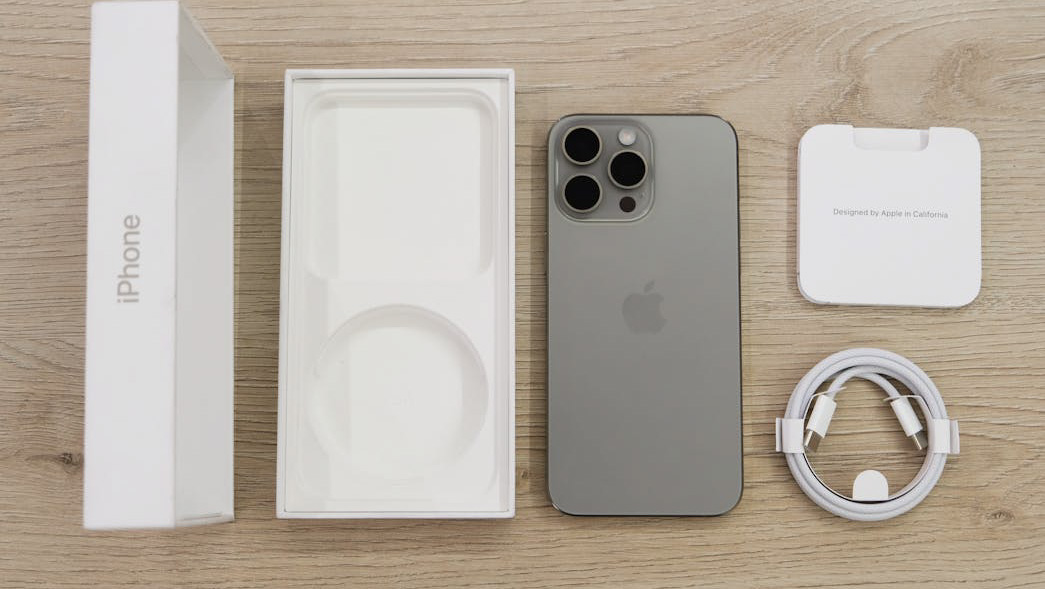Top row
Shares of US technology giant Intel rose in premarket trading on Tuesday after the company unveiled new artificial intelligence chips for data centers, an offensive that comes just days after chip rivals Nvidia and AMD announced new products of their own as the once-dominant company competing for market share in the age of artificial intelligence.
Intel CEO Pat Gelsinger revealed details about new AI chips and products on Tuesday.
Key facts
Shares of Intel rose about 1.5% in premarket trading early Tuesday morning.
The rise comes after CEO Pat Gelsinger revealed details of a series of upcoming AI products at the Computex tech conference in Taiwan that the company hopes will help move the dial on their formidable competition.
Gelsinger introduced Intel’s new range of Xeon 6 processors for data centers, which he said are more efficient and powerful than their predecessors, which were launched just six months ago.
The first of these sixth-generation chips, an «efficiency» model billed as a replacement for older chips, is available on Tuesday, according to Reuters, with a more powerful «performance» model designed to run compute-intensive artificial intelligence models and other tasks slated to arrive before October.
Intel has also positioned itself as a more affordable option for AI hardware, revealing that its Gaudi 2 and Gaudi 3 AI chips would be cheaper than competing products from competitors like Nvidia.
Gelsinger said the pricing looks «pretty compelling» compared to Intel’s competitors, or, «in other words, it’s crushing the competition.»
Contra
In Taipei, Gelsinger fired back at Nvidia Chairman and CEO Jensen Huang, who argued this week that traditional computing methods can’t keep up with the «inflation of computing» we’re seeing. Jensen, who co-founded Nvidia and is worth an estimated $100 billion, said that only by using accelerated computing tools like those offered by Nvidia will companies be able to keep up with modern computing demands. «Contrary to what Jensen would have you believe, Moore’s Law is alive and well,» Gelsinger said, referring to Intel co-founder Gordon Moore’s famous observation that the number of transistors on an integrated circuit will double every two years with minimal changes in cost. . Moore’s Law, which effectively describes how computing power gets smaller, faster and cheaper over time, has been generally applied for nearly 60 years, although many experts are increasingly concerned that it is losing relevance with today’s advanced technology. Gelsinger emphasized that Intel will continue to play a major role in the AI revolution and compared the transformation to the rise of the Internet 25 years ago. «It’s that big,» he said, adding, «We see this as the fuel that drives the semiconductor industry to reach $1 trillion by the end of the decade.»
Receive Forbes text alerts on the latest news: We’re launching text alerts so you’ll always know the biggest stories shaping the day’s headlines. Text «Alerts» to (201) 335-0739 or log in here.
News Peg
Intel is a titan of the tech industry and has been a dominant player in the chip sector for decades, though it has been outflanked by many competitors and has struggled to stay relevant in the increasingly AI-focused computing space. Nvidia, now one of the largest companies in the world, has benefited greatly from this boom in artificial intelligence, as have other chipmakers such as Advanced Micro Devices or AMD, Qualcomm and Taiwan Semiconductor Manufacturing Co.
Tangent
Nvidia and AMD launched their own next-generation chips this week in Taiwan, the world’s leading hardware maker. Both companies have clearly targeted the AI boom, which requires significant computing power and was largely triggered by the launch of OpenAI’s ChatGPT two years ago, as a priority moving forward. Shares of California-based AMD and Nvidia fell between 0.5% and 1% in premarket trading on Tuesday.
Further reading




